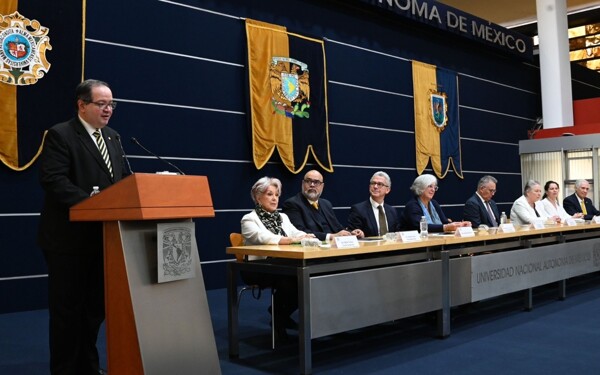
On January 20, 2025, Donald Trump's return to the White House marked a drastic change in the immigration policies of the United States. The situation left migrants at a disadvantage by being unable to access the same benefits as before. In light of this situation, the necessity of implementing a return certificate in Mexico was raised, with the aim of officially recognizing the return of these individuals and allowing them access to reintegration programs, such as economic assistance, housing, and psychological support.
One key aspect is that the issuance of return certificates at Mexican consulates in the United States would allow individuals to obtain this document before crossing the border, providing them with certainty and facilitating their access to support programs in Mexico. This would ease the operational burden on physical consulates and ensure that more individuals could obtain the certificate.
In a scenario where Trump's immigration policies demand proactive and strategic actions, it becomes imperative to have instruments like the return certificate to provide support and guarantees to those who decide to return to Mexico. Furthermore, it is essential to establish multisectoral coordination involving local governments, civil organizations, and international agencies to ensure a comprehensive and humanitarian response to this challenge.
The measures implemented, such as declaring Mexican cartels as terrorist organizations and eliminating the right to citizenship by birth for children of undocumented migrants, have generated uncertainty and fear in migrant communities. In this context, the importance of acting with empathy and strategic vision to ensure that no one is excluded from the support system and that the specific needs of each group of returnees are addressed becomes evident.
The establishment of a national registry of returnees, the implementation of digital certificates through tools like ConsulApp, and the strengthening of repatriation modules at the border are fundamental actions to build a coordinated and effective response. Likewise, it is necessary to provide not only basic attention but also job orientation, psychological counseling, and reintegration programs tailored to the needs of each individual returning to Mexico.














